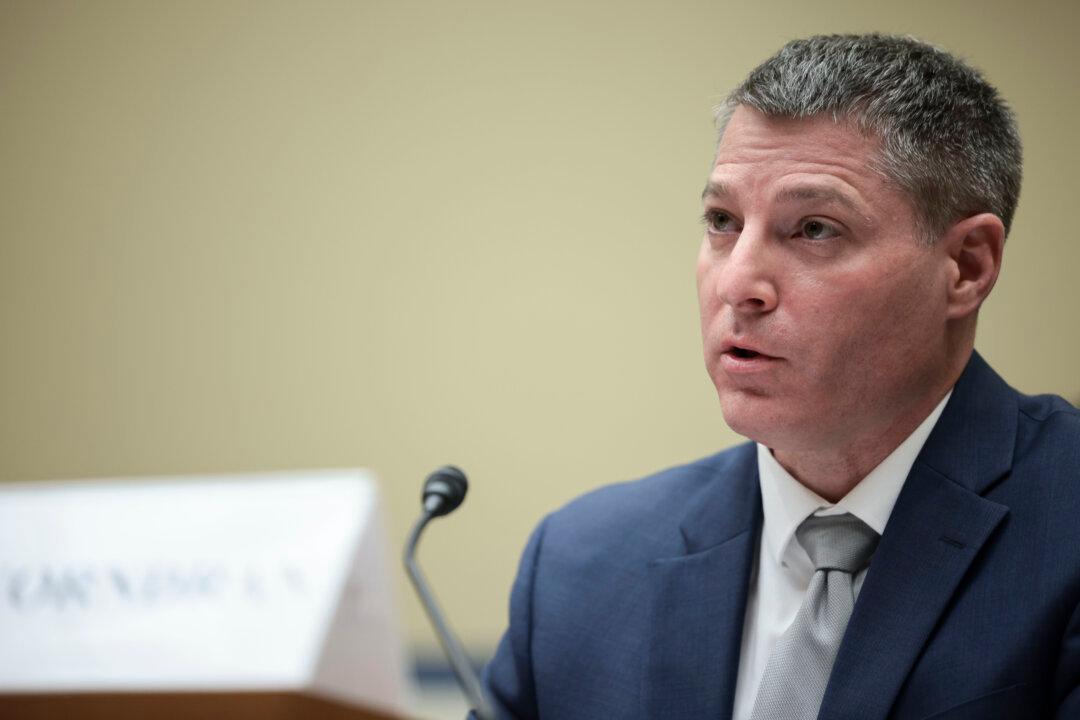Lawmakers say they have received scant information from the FBI about a recent ransomware investigation, with top bureau officials offering few answers about decisions that cost U.S. businesses millions of dollars and produced questionable results.
During a Nov. 16 House Oversight and Reform Committee hearing on ransomware, the FBI was questioned about its handling of the July attack against U.S. IT company Kaseya—in which hackers from the ransomware group REvil exploited a vulnerability in Kaseya software to exfiltrate the data of some 1,500 U.S. businesses, schools, hospitals, and other entities.




